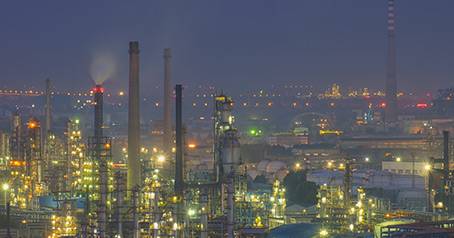Nov . 29, 2024 23:06 Back to list
cpvc pipe
The Versatility and Benefits of CPVC Pipe
Chlorinated Polyvinyl Chloride (CPVC) pipe is a widely used material in the construction and plumbing industries, appreciated for its versatility, durability, and resistance to corrosion. Since its development, CPVC has established itself as a reliable option for various applications, particularly in hot and cold water distribution systems.
One of the primary advantages of CPVC pipe is its high resistance to temperature and pressure. CPVC can handle temperatures up to 200 degrees Fahrenheit (93 degrees Celsius), making it suitable for hot water applications. This makes it an ideal choice for residential plumbing systems, commercial settings, and even industrial applications where hot water transport is necessary. Its ability to withstand high temperatures without deforming or losing structural integrity sets CPVC apart from many other materials, such as traditional PVC or metal piping.
The Versatility and Benefits of CPVC Pipe
Another notable benefit of CPVC is its ease of installation. CPVC pipes are lightweight, which not only makes them easier to handle but also reduces installation costs due to less labor required. The joints and fittings can be easily glued together using solvent cement, creating a strong, leak-proof seal without the need for welding or soldering. This simplification of the installation process can result in significant time and labor savings for both residential and commercial projects.
cpvc pipe

Additionally, CPVC is environmentally friendly. The manufacturing process for CPVC pipes is less energy-intensive compared to that of metal pipes, and they are fully recyclable. This makes CPVC a sustainable choice for builders and plumbers who are conscious of their environmental impact. They are increasingly being recognized as a sustainable option for plumbing systems, aligning with the growing demand for eco-friendly construction materials.
Moreover, CPVC pipes can also contribute to energy efficiency. Since they have a lower thermal conductivity than metal, CPVC pipes help to maintain the temperature of hot water in transit, reducing energy loss. This translates into lower energy bills for homeowners and businesses alike, promoting overall cost savings in water heating.
However, it is essential to consider the correct applications for CPVC. While CPVC is excellent for high-temperature applications, it may not be suitable for environments with high levels of UV exposure, as prolonged sunlight can degrade the material. For outdoor applications, protective coatings or covers may be necessary.
In conclusion, CPVC pipes offer a myriad of benefits that make them an excellent choice for various plumbing applications. Their durability, resistance to corrosion, ease of installation, and environmental benefits contribute to their growing popularity in the industry. As demand for efficient and sustainable building materials continues to rise, CPVC pipes stand out as a versatile solution that meets the needs of modern plumbing systems. Whether for residential use or large-scale industrial projects, CPVC pipes are a smart investment that provides long-term value and reliability.
-
Premium Glossy PP Rigid Sheet – Durable & Versatile
NewsAug.07,2025
-
High-Quality HDPE Sheet | Durable Plastic Panels
NewsAug.06,2025
-
High-Precision PVC Rigid Sheets for Vacuum Forming | AI-Optimized
NewsAug.05,2025
-
Durable PVC-M Water Supply Pipes | 60-Year Life
NewsAug.04,2025
-
Premium HDPE Water Supply Pipes: Durable & Leak-Proof
NewsAug.03,2025
-
Premium PVC-M Water Supply Pipe - Durable & Efficient
NewsAug.02,2025

